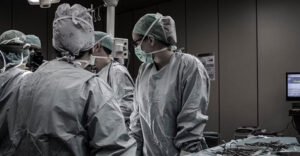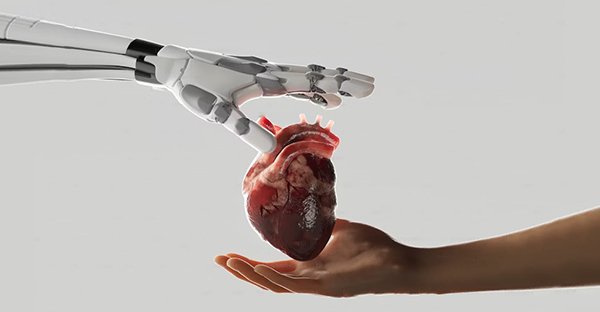The Rise of Artificial Intelligence in Healthcare Diagnostics
How Machine Learning is Revolutionizing Disease Detection and Patient Care
Artificial intelligence (AI) in healthcare diagnostics is rapidly transforming the medical landscape, ushering in a new era of advanced disease detection and improved patient care. This technological revolution in diagnostic healthcare is reshaping how medical professionals analyze data, identify illnesses, and make treatment decisions. From interpreting medical images to predicting health risks, AI-powered diagnostic tools are enhancing the accuracy and efficiency of healthcare across various medical fields.
The impact of artificial intelligence on healthcare diagnostics is particularly evident in medical imaging. Here, machine learning algorithms analyze X-rays, MRIs, and CT scans with remarkable precision. These AI-driven diagnostic systems can often detect subtle abnormalities that might escape human notice, proving especially valuable in early cancer detection. In pathology, AI assists in analyzing tissue samples at a microscopic level, further advancing diagnostic capabilities. The application of AI in healthcare diagnostics extends to genetic testing, where it interprets complex genomic data to identify mutations that may influence disease risk or drug responses.

The integration of AI into electronic health records allows for predictive healthcare, identifying potential health risks before they manifest. In mental health, AI analyzes speech and text patterns to detect signs of disorders like depression or early-stage dementia.
Despite challenges such as potential algorithmic bias and data privacy concerns, As this digital revolution unfolds, AI stands poised to redefine the landscape of medical diagnostics, ushering in an era where data-driven insights and human expertise converge to forge a new paradigm in healthcare.
Read More: Culinary Innovation Technological advances are reshaping the food




